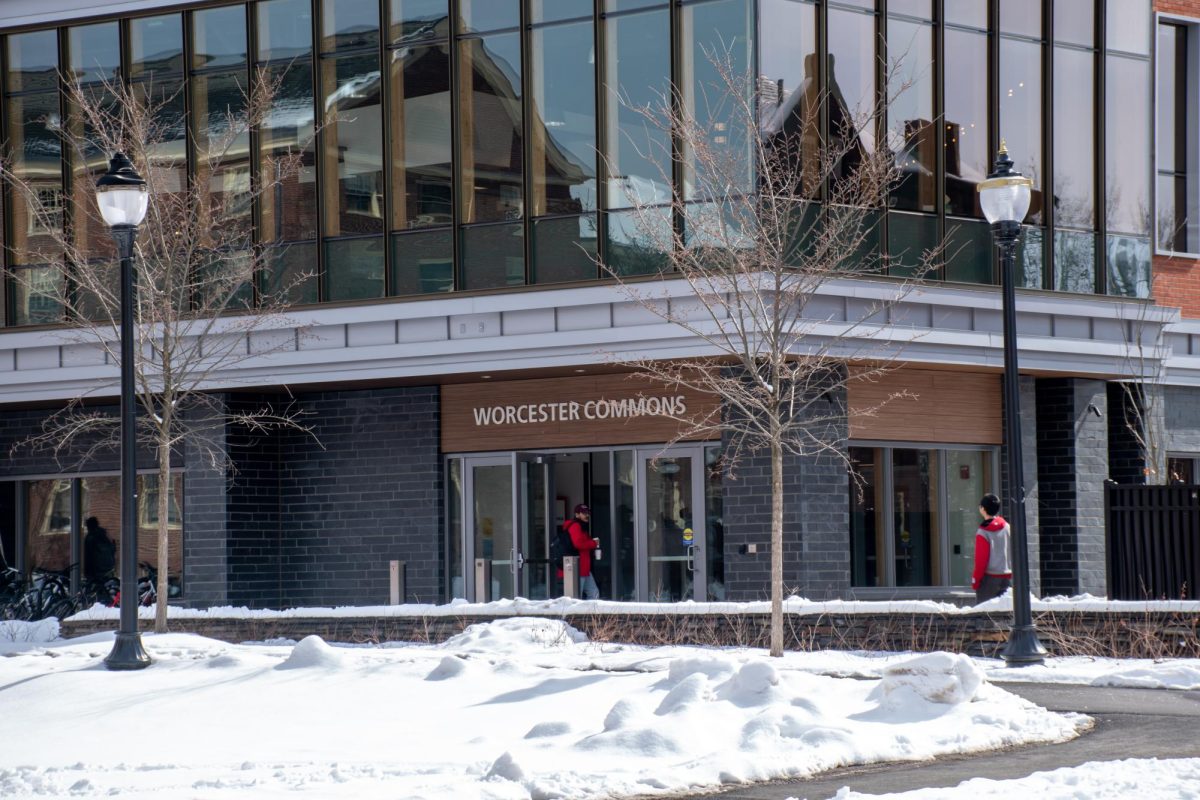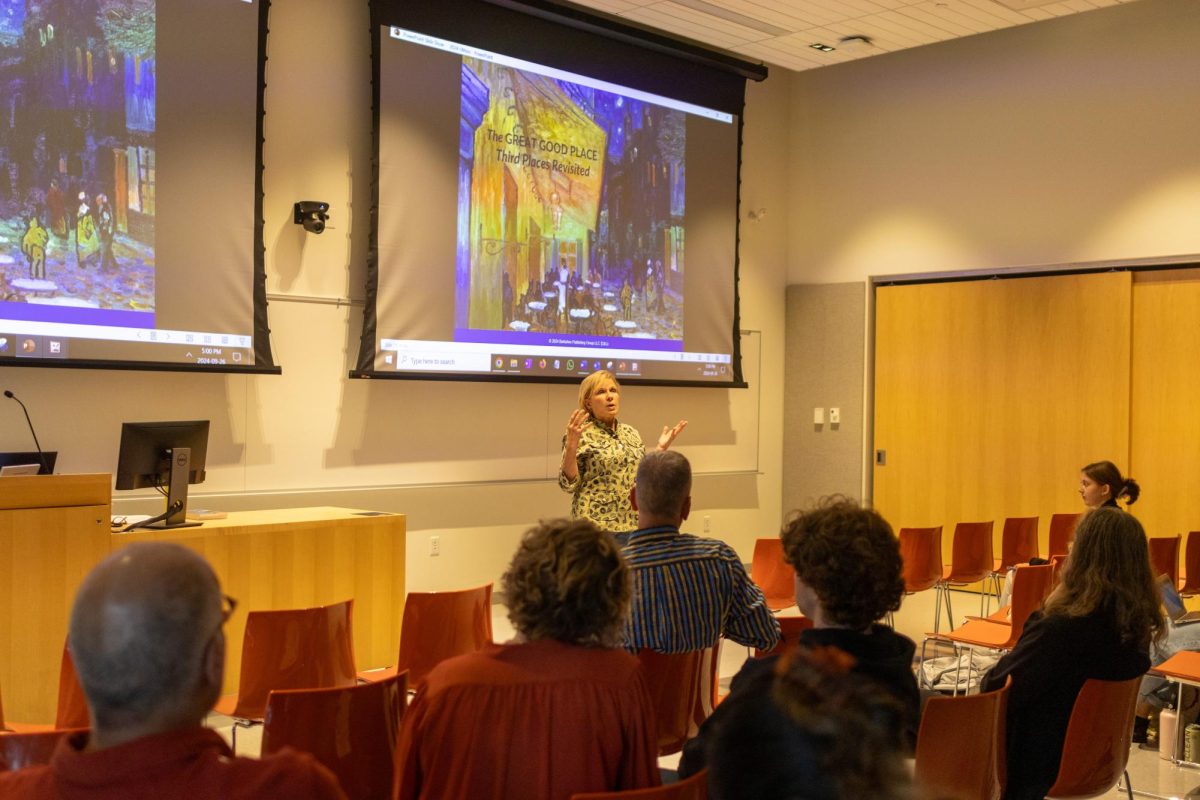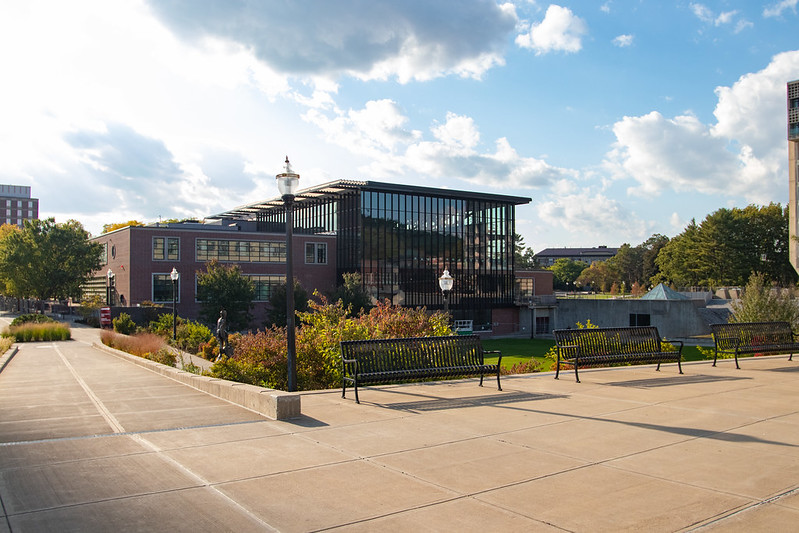
The National Institute of Health and Environmental Sciences awarded a five-year grant of more than $3.5 million to a research project studying the health effects of chemicals in household products on women, led by faculty members at the University of Massachusetts.
This grant will be used to conduct research on the potential effects of these chemicals on women during critical stages of their lives and the effects of these chemicals on breast cancer risk. The work will also examine the effects of chemical exposure during pregnancy, which affects subsequent breast cancer risk in women.
“The big picture of this research would be to provide information that will help us to decide whether we should worry or pay attention to chemicals and provide relief,” said Laura Vandenberg, an assistant professor at the department of environmental health services.
The research opportunity provides opportunity for collaboration among scientists, clinicians and advocates in the Pioneer Valley. The collaboration includes women who donate breast tissues through the Rays of Hope Center for Breast Cancer Research, clinicians at the Baystate Medical Center and scientists from the Pioneer Valley Life Sciences Institute.
According to Sallie Schneider, a scientist from the PVLS, “one in eight women are likely to develop breast cancer. Over 70 percent of breast cancer risk is not due to hereditary factors but due to reproductive and environmental factors. ”
The chemical compounds to be studied are primarily ones commonly found in household products such as cosmetics and sunscreen.
“Pregnancy is a critical period of breast development because the tissue matures and acquires changes that can reduce the lifetime risk of breast cancer by half,” Joseph Jerry, a professor of veterinary and health sciences who will lead the research, said.
Jerry also explained how breast cancer could be more common “if exposure to chemicals blocks this protective effect of pregnancy.”
The team aims to help young women gain more information about household chemicals, which is often ambiguous and contradictory, and would like to produce data on “safe levels” of these compounds and understand how these levels vary for different individuals.
The grant provides funding for five years to achieve yearly research goals. For the first two years, studies on human breast tissue will be emphasized to determine how individuals respond to the compounds.
The remaining years will focus on rodent studies to directly examine the effects of exposures during pregnancy and the effects of such exposure on tumors. Jerry described the initial focus of the research as “on the responses of the chemicals in tissues from individuals, as this is the most relevant to women.”
In addition to Jerry, research assistant professor Karen Dunphy of the department of veterinary and animal sciences, as well as Vandenberg, will contribute to the research. Anna Symington, the former director of alumni relations at UMass, leads the Community Engagement program, which will help translate the research findings to different audiences, especially to young women to bring greater awareness of choices in products.
Each individual member at UMass will play a specific role in producing results. Schneider will collect breast tissue for research. Vandenberg will use data from the Center for Disease Control and Prevention, as well as other research, to draw on exposure levels of the toxicants used. Jerry and Dunphy will use cell lines to examine the effect of toxicant exposure on the breast cell samples and on rodent tissue.
“We are gratified to be able to assemble a creative team to be successful in obtaining an award like this,” Jerry said.
Tanaya Asnani can be reached at tasnani@umass.edu.


















